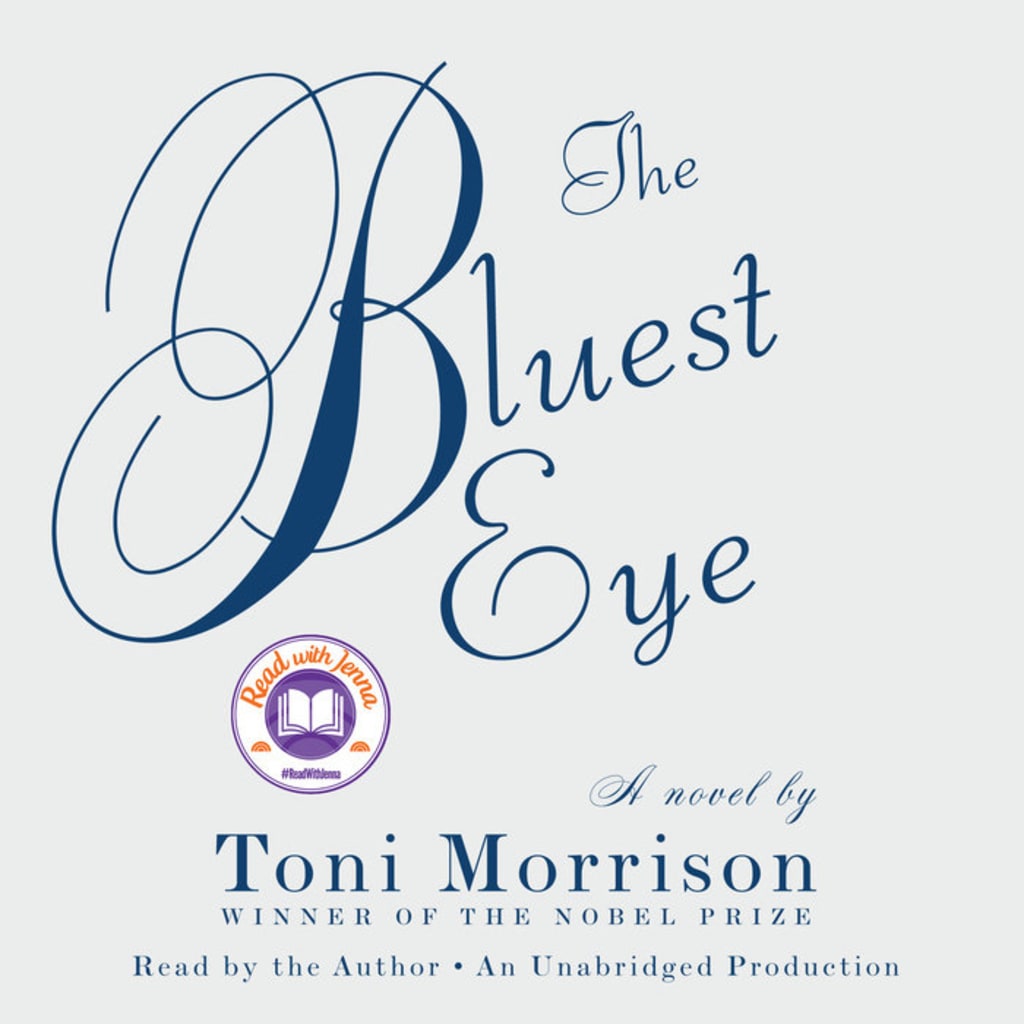
Claudia and Frieda learn that Pecola's dad had a pregnant daughter, and besides the general populace, both want to get the baby should survive. They give up their savings for a motorcycle to cultivate marigold flowers. They assume that because the blooms survive, Pecola's kid would as well. The flower heads struggle to blossom, and Pecola's baby dies responsible for the rapid birth. Cholly was killed in such a labor camp after rapping Pecola twice and fleeing. Pecola goes insane, certain that the long-cherished dreams came true and that she somehow possesses the most beautiful eyes.
Ingrained white perceptions damage the lives of black girls and women, according to The Bluest Eye (Bloom). The white baby doll granted to Claudia, the idealization of Shirley Temple, the general agreement that led Maureen is adorable than some of the other black girls, the romanticized notion of white beauty inside the films, and Pauline Breedlove's taste in the little white girl she performs for over her younger sister are all underlying forms of communication that racial identity is better compared. Mrs. Breedlove supports Mrs. Breedlove's view that Pecola is unattractive, and bright Geraldine hates Pecola's darkness, having learnt to despise the darkness of their very own skins.
Claudia refuses to idolize white, envisioning Pecola's infant baby as lovely inside its dark color. However, it is implied that though Claudia enters puberty, she would come to despise herself, as though ethnic self-hatred is indeed an essential component of growth. Pecola suffers far more from white expectations of women. She associates attractiveness with someone being cherished and feels that having eyes would substitute the harshness in her background with compassion and attention.
Pecola's longing for light eyes is founded solely on a single right understanding of her globe. Feels that now the violence she encounters and endures is related to how much she is perceived. Individuals would never do negative stuff next to or around her because she had gorgeous blue eyes, which Pecola envisions. Her past of being taunted by the lads confirms the veracity of this insight—when Maureen came to their aid, it appears that they no longer desire to act improperly in front of Maureen's appealing look. In a nutshell, Pecola and your relatives suffer abuse partly since they have a dark complexion. Pecola's desire for blue eyes instead of a fairer complexion suggests that she wants to perceive stuff wrong more because she wants to see it separately. She can now only grant herself that wish by ignoring herself. Pecola can thus regard herself as attractive, except at the expense of her capacity for seeing herself and or the environment surrounding her properly. The link between how something is recognized and what one observes does have a sad conclusion for her.
The Bluest Eye is a series of writings, that is paradoxical and intertwined. Humans tell tales to gain an understanding of their existence, and all these narratives may be used for good or ill (Sarnelli). Claudia's narratives stood outside for their positive message. She relates Pecola's narrative but first primarily, and while she challenges the veracity and significance of her account, her attentiveness and compassion redeemed the brutality of Pecola's existence to some extent. Secondly, when the grownups recount Pecola's conception and their desire that the baby would die. Ultimately, Claudia challenges the notion of white supremacy by crafting her tale more about the glory of darkness. Other people's narratives are frequently damaging to themselves and others. Sandra Breedlove's tale with her attractiveness supports her consciousness, and the narrative with her sacrifice encourages her harshness toward her family. The memoirs of saphead Bishop regarding his positive motives and special spiritual life are blatant idiocy. Tales have the same chance of distorting facts as they do of revealing them. Although She freely admits that tales may be redemptive, she is not a blind enthusiast and wants to allow us finally to relax in just about any one account of events.
About the Creator
Nawal Imran
Just a normal person trying to express her feeling through writing. I like to write in my free time. Mainly the topic , I like is fashion, traveling and business post.





Comments
There are no comments for this story
Be the first to respond and start the conversation.